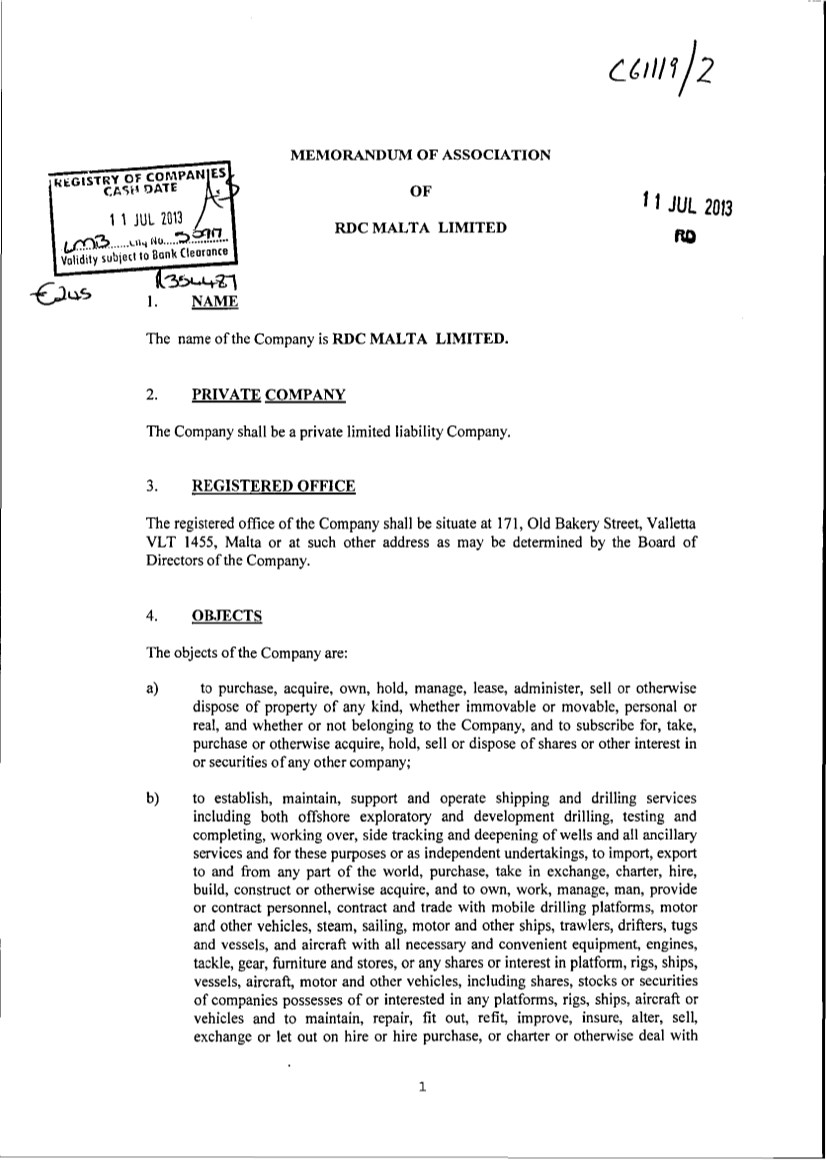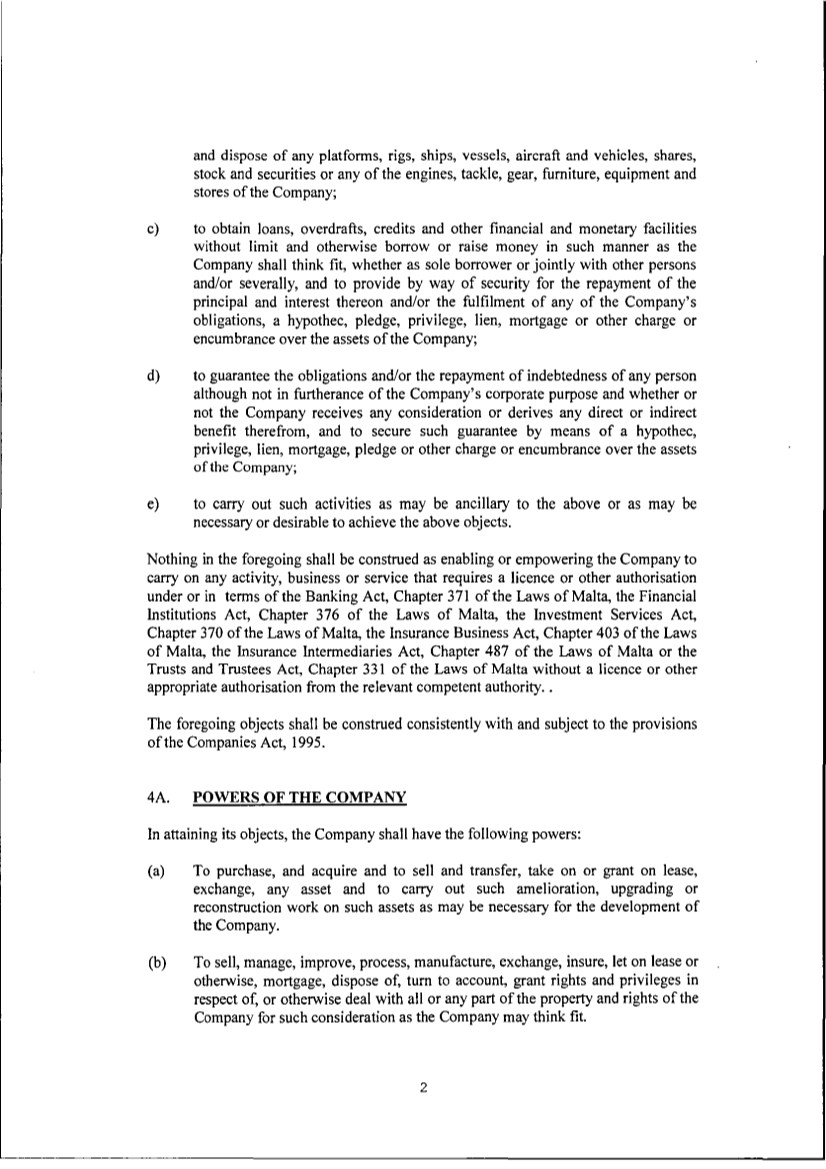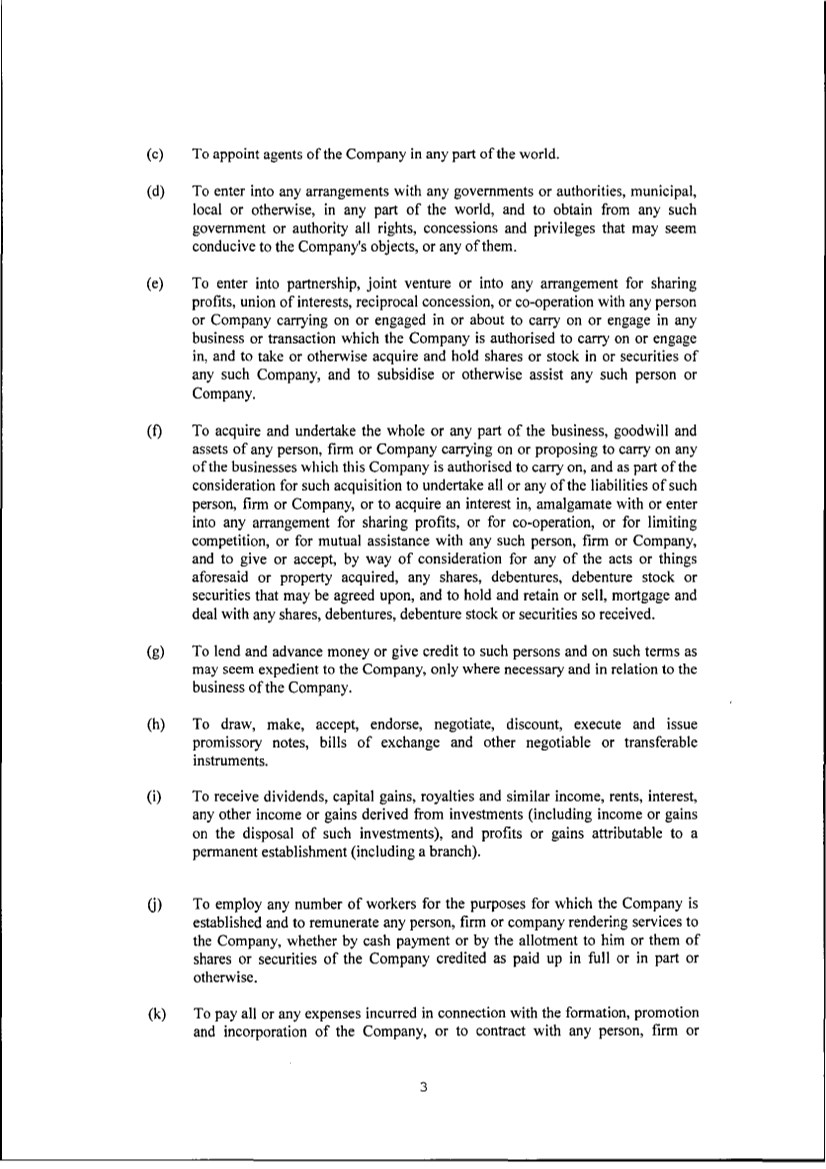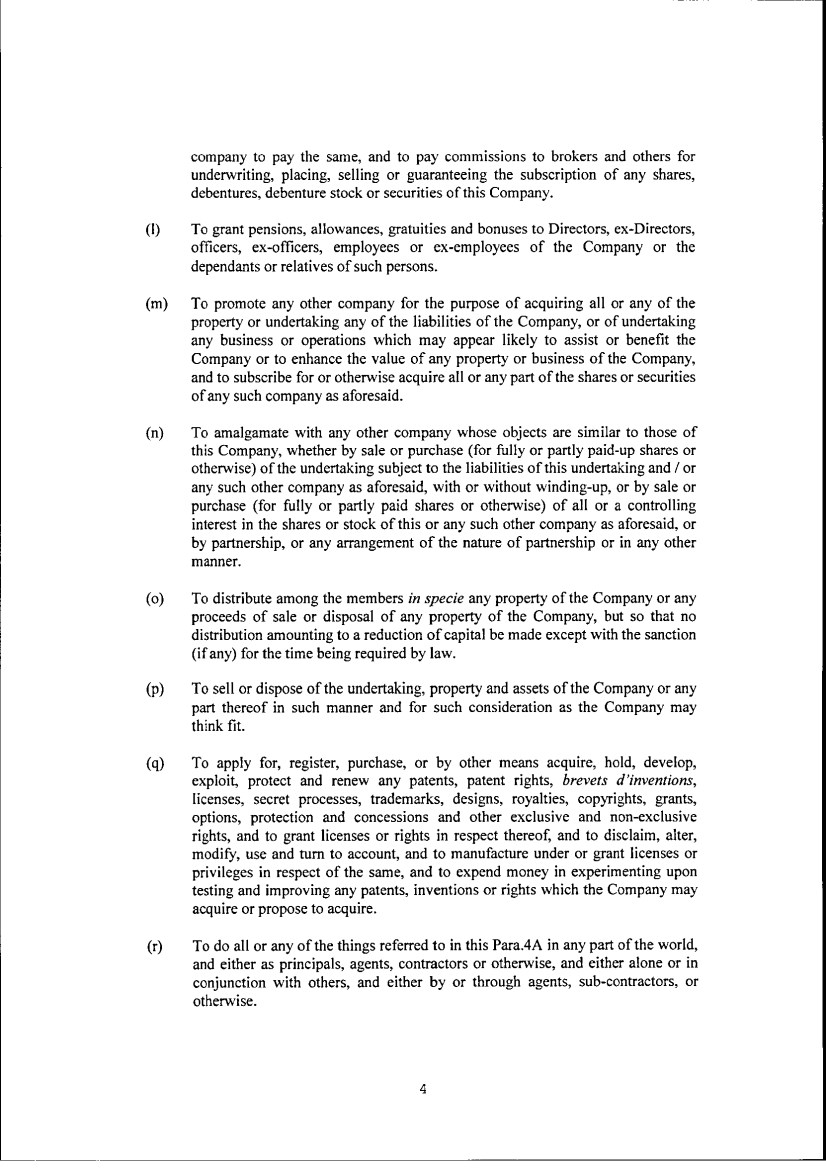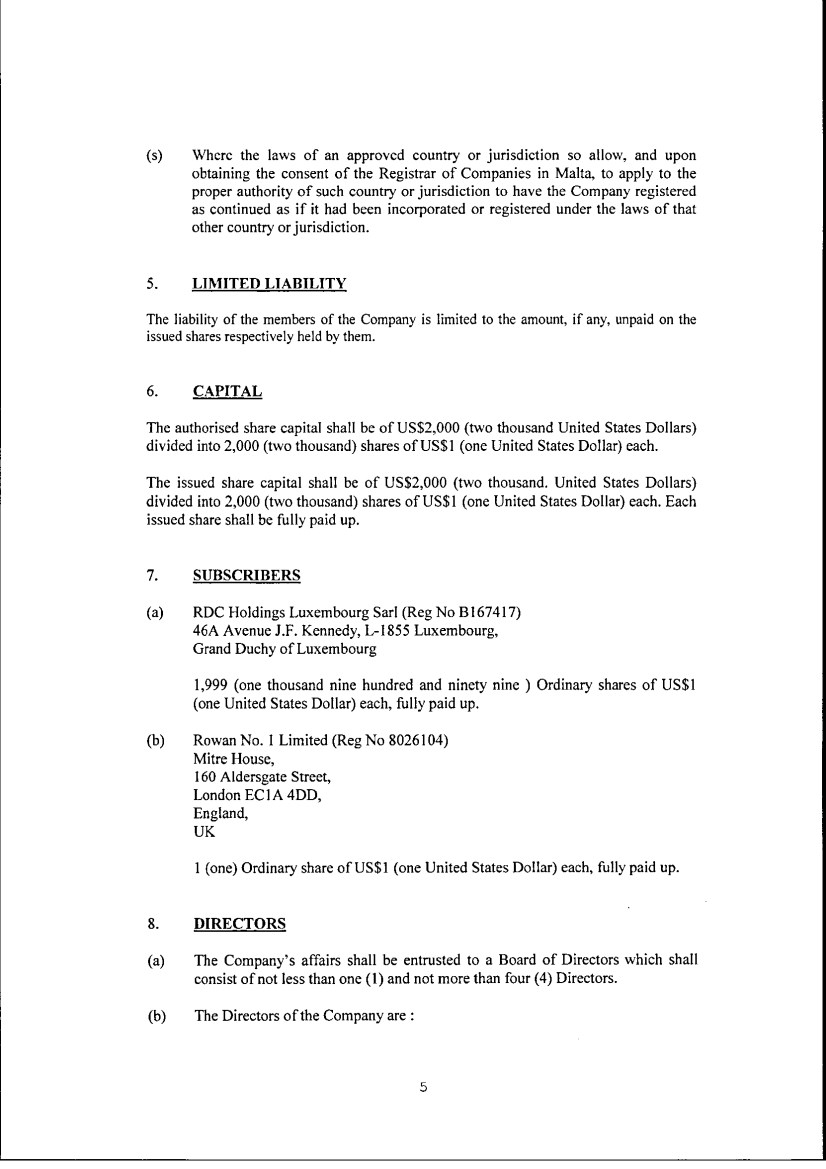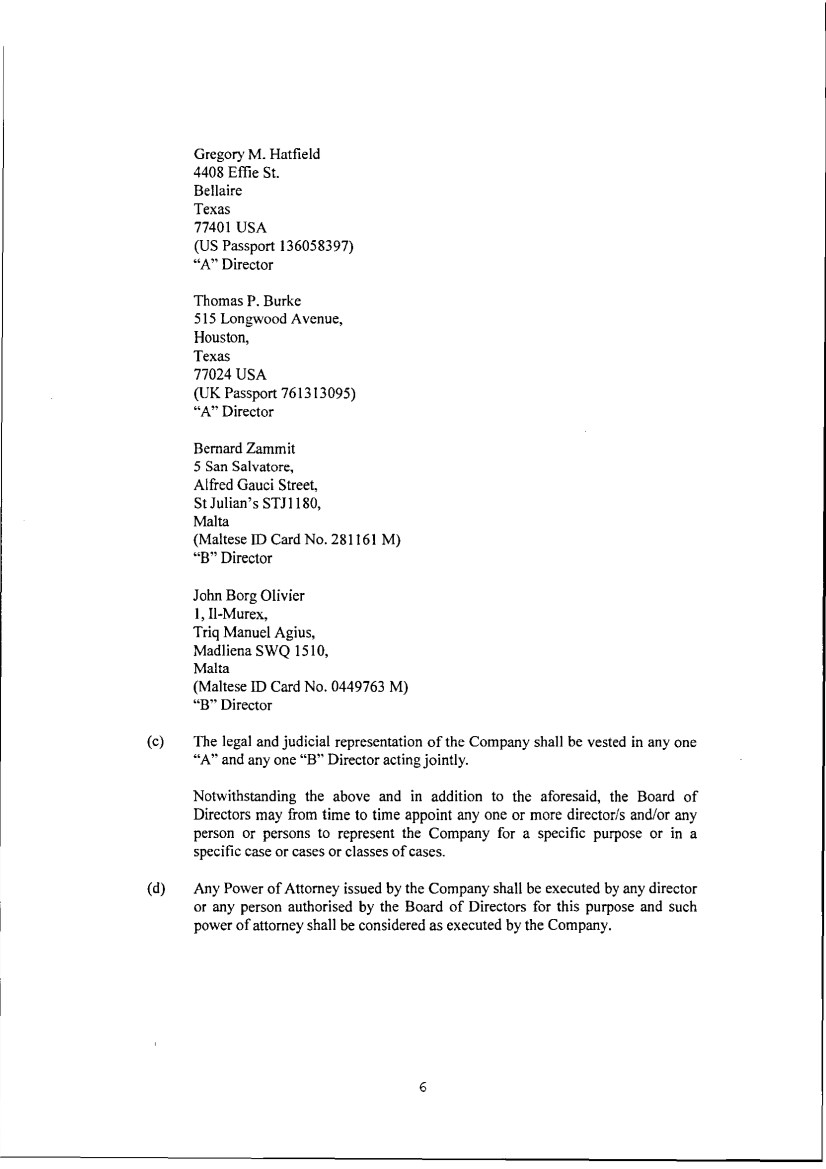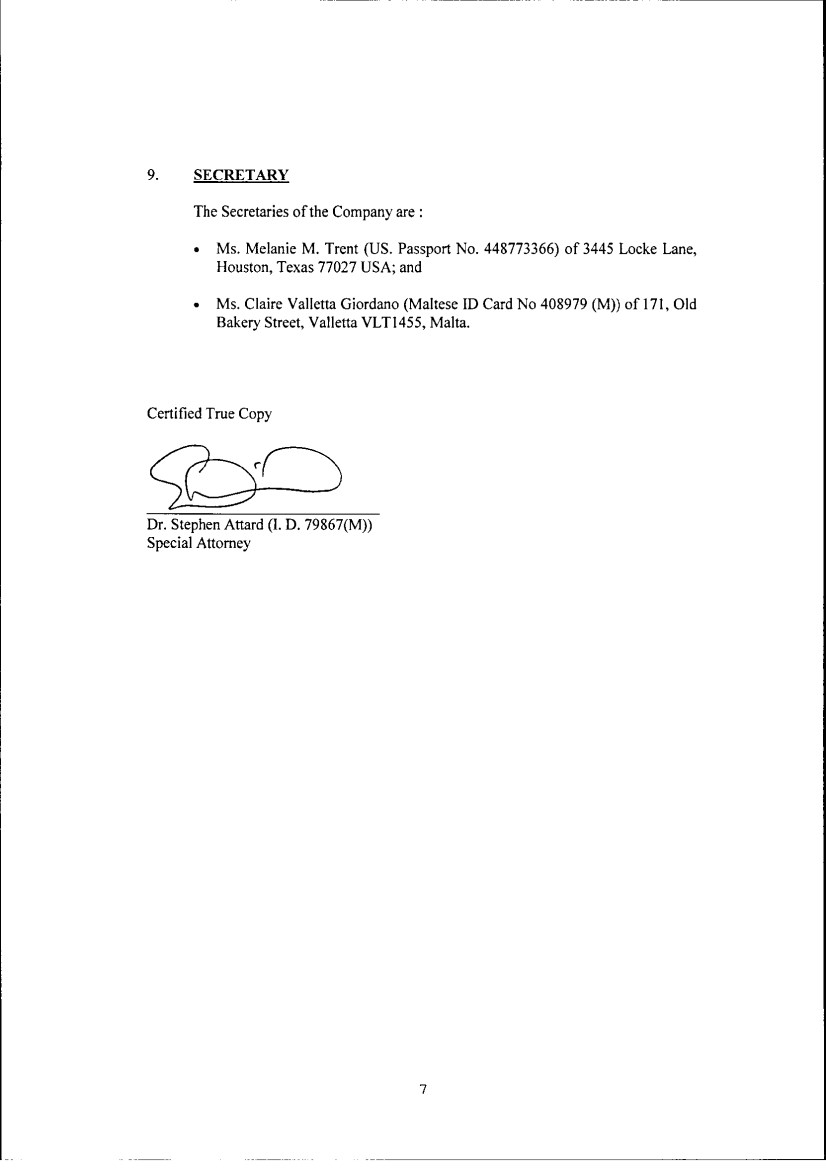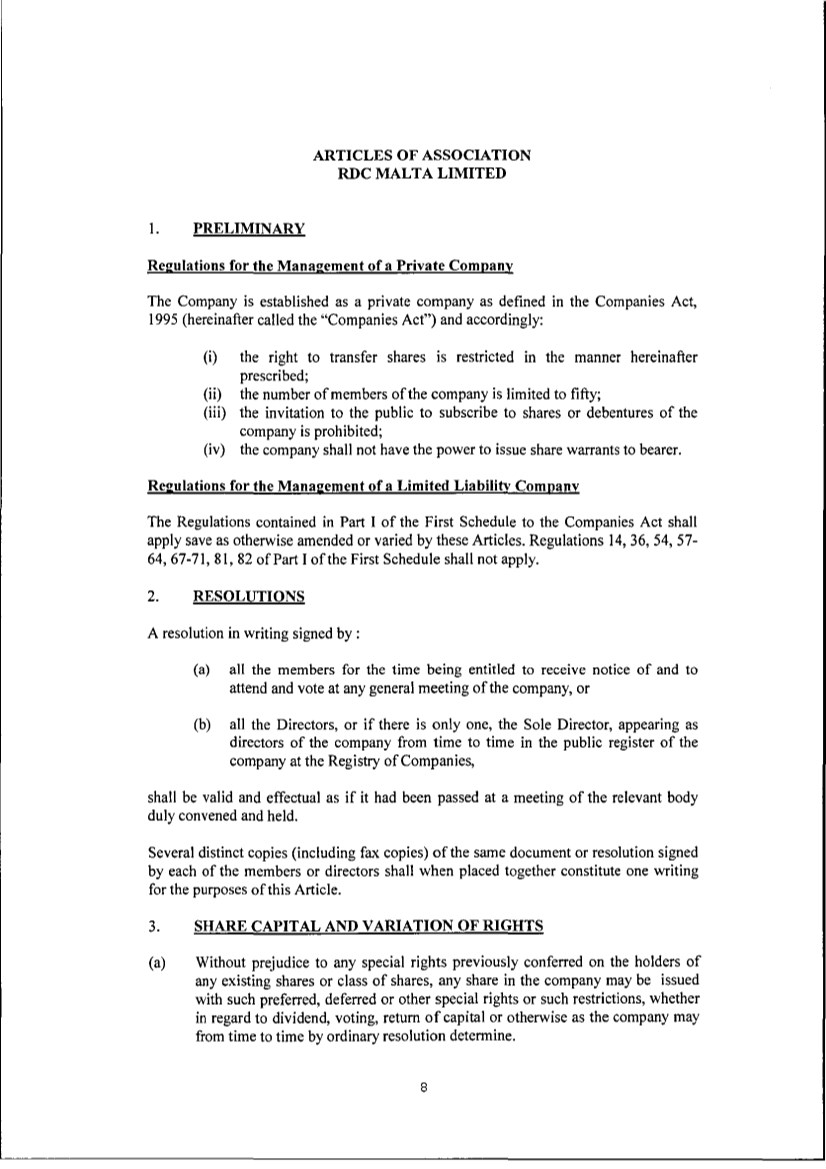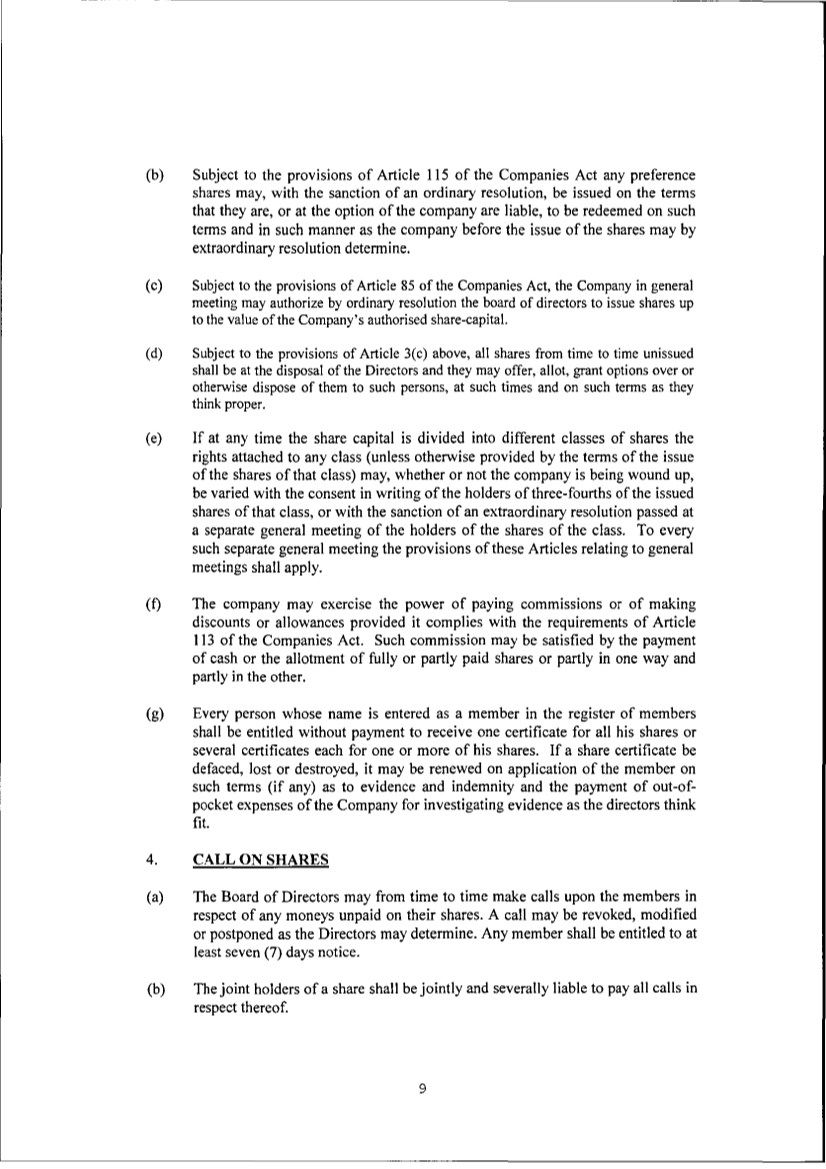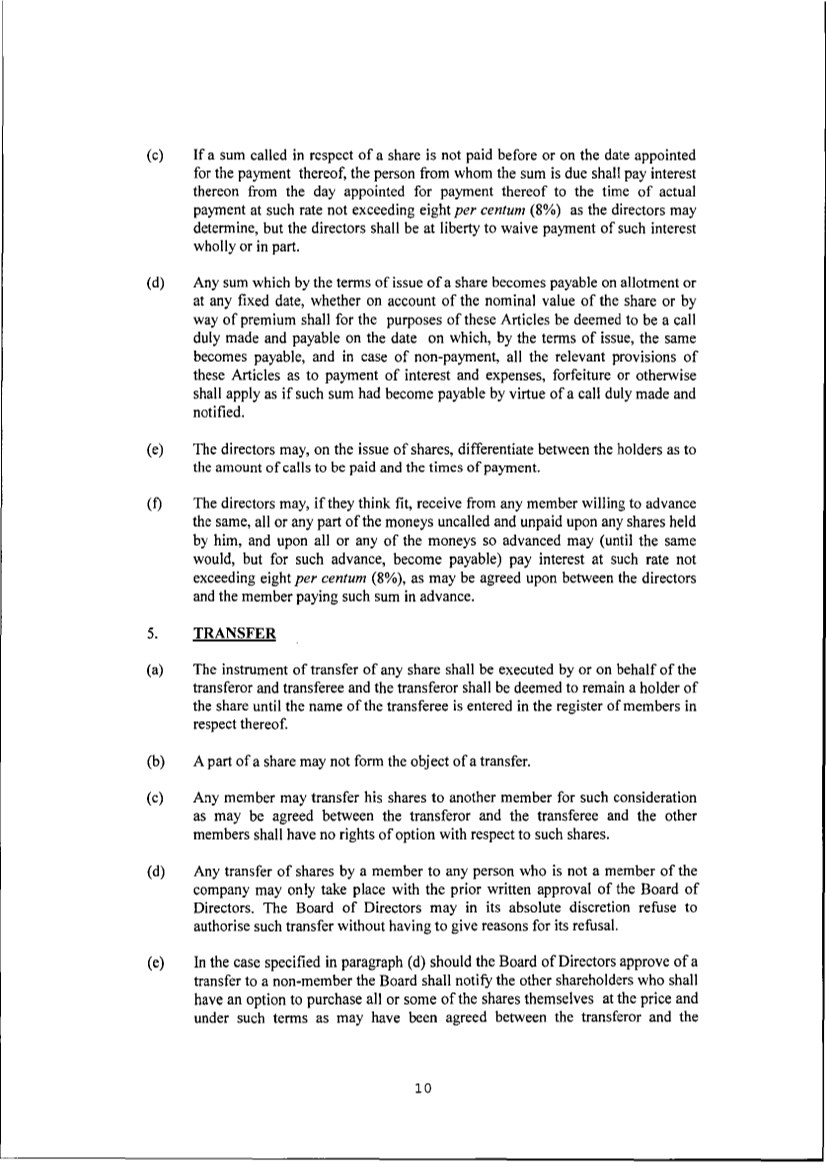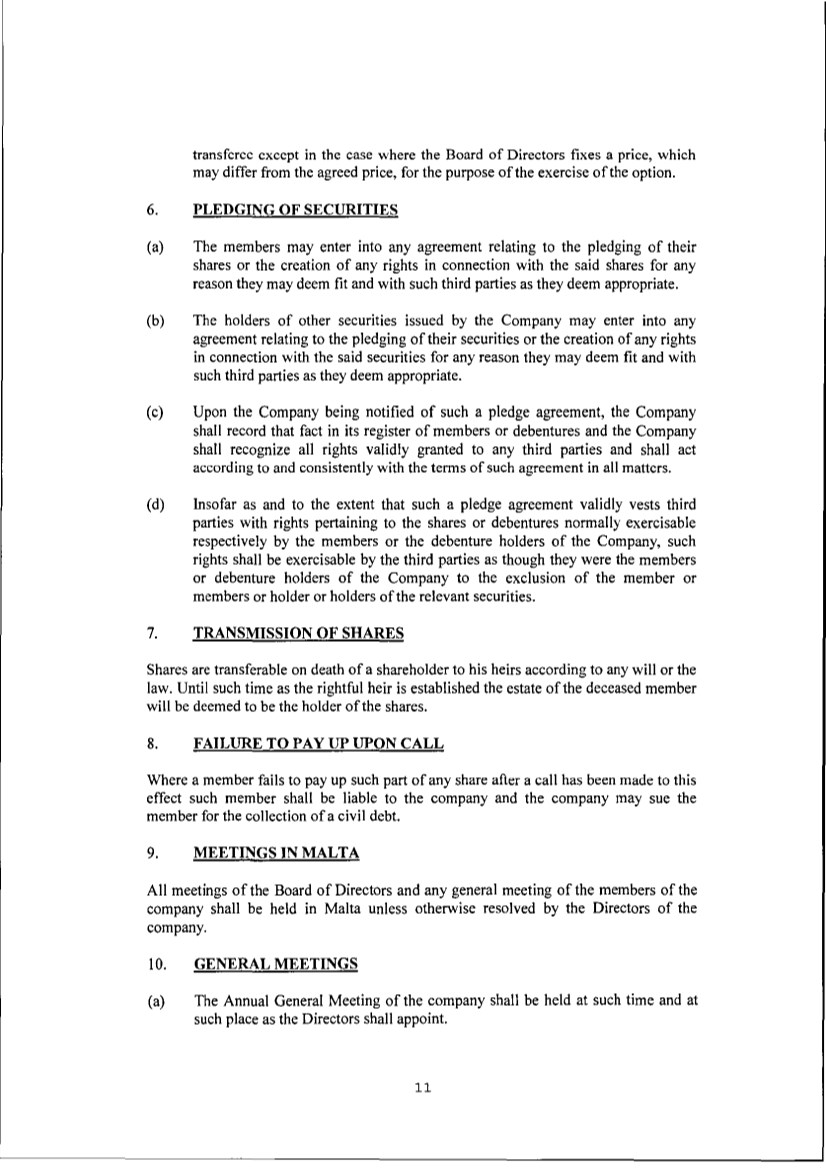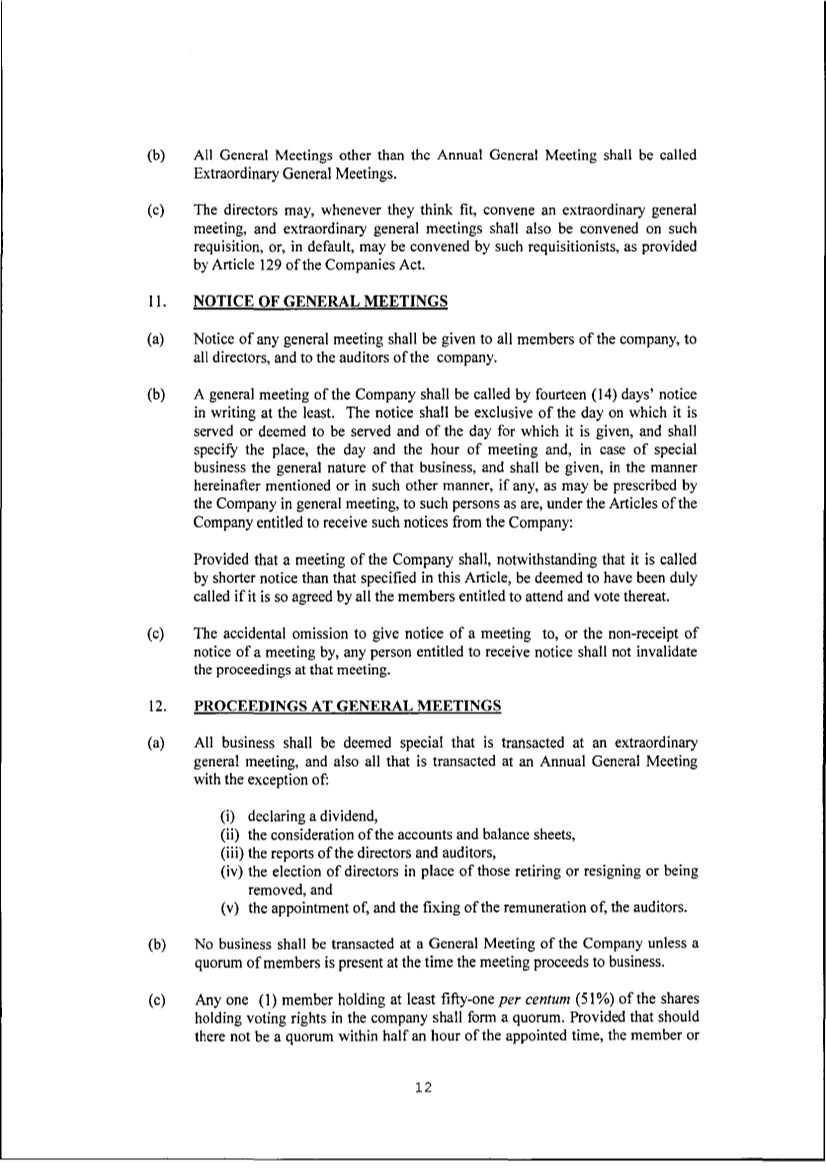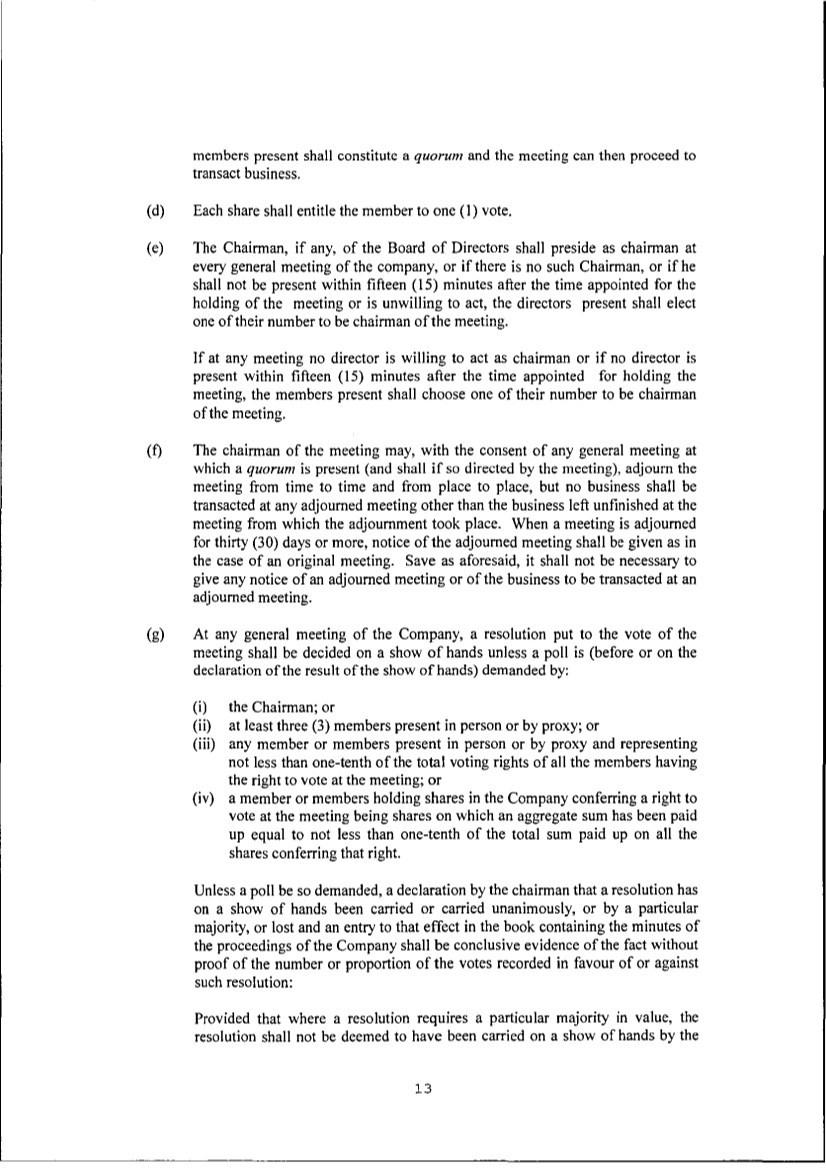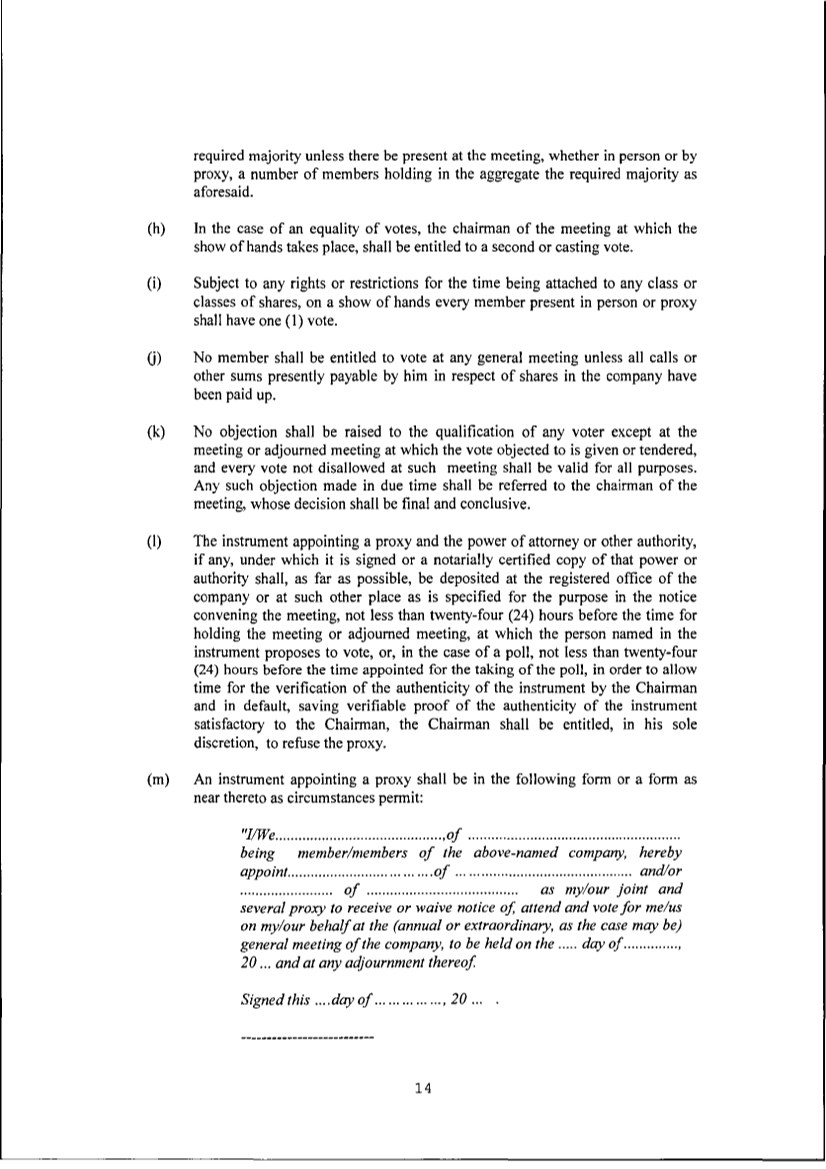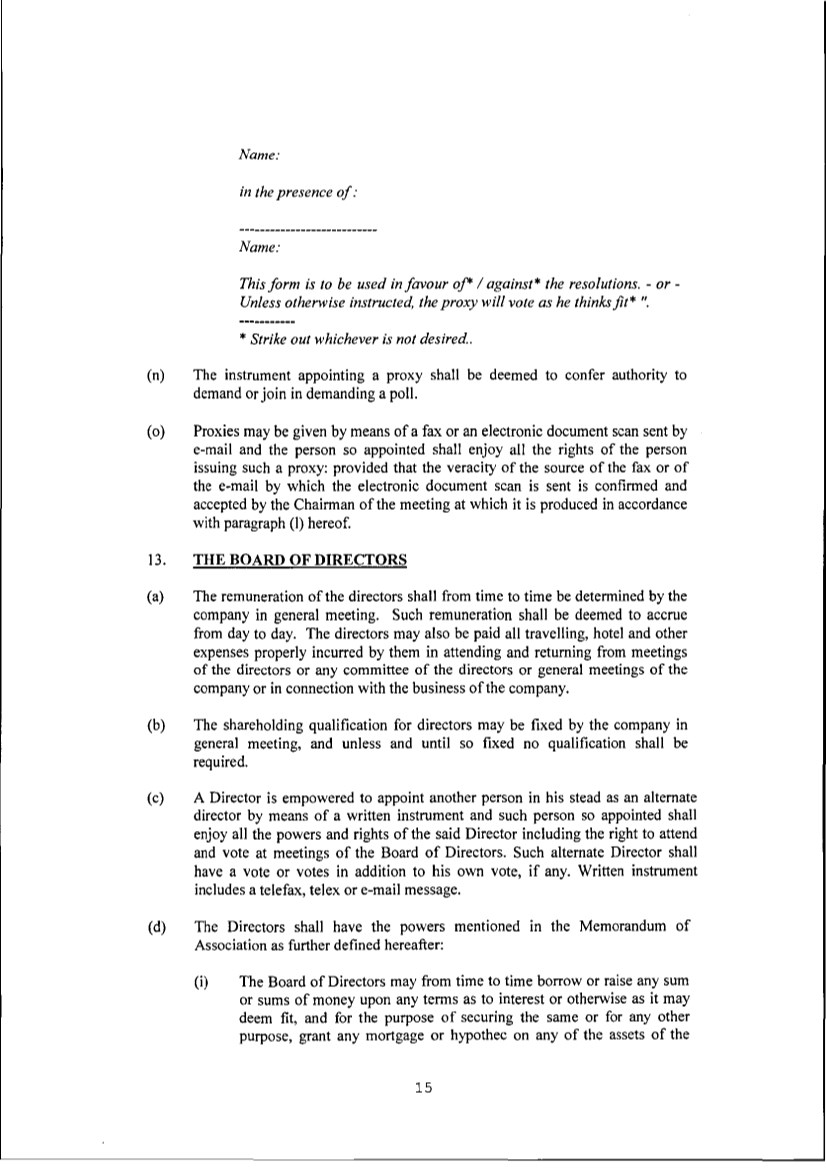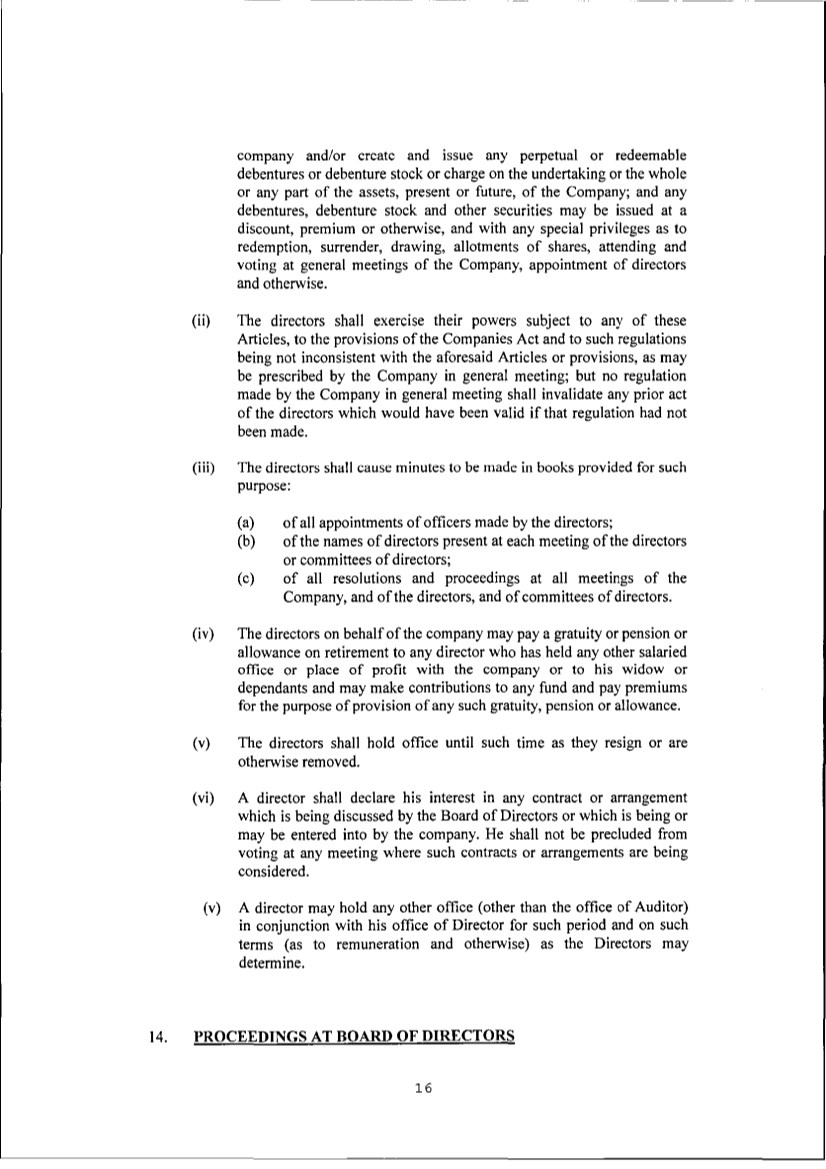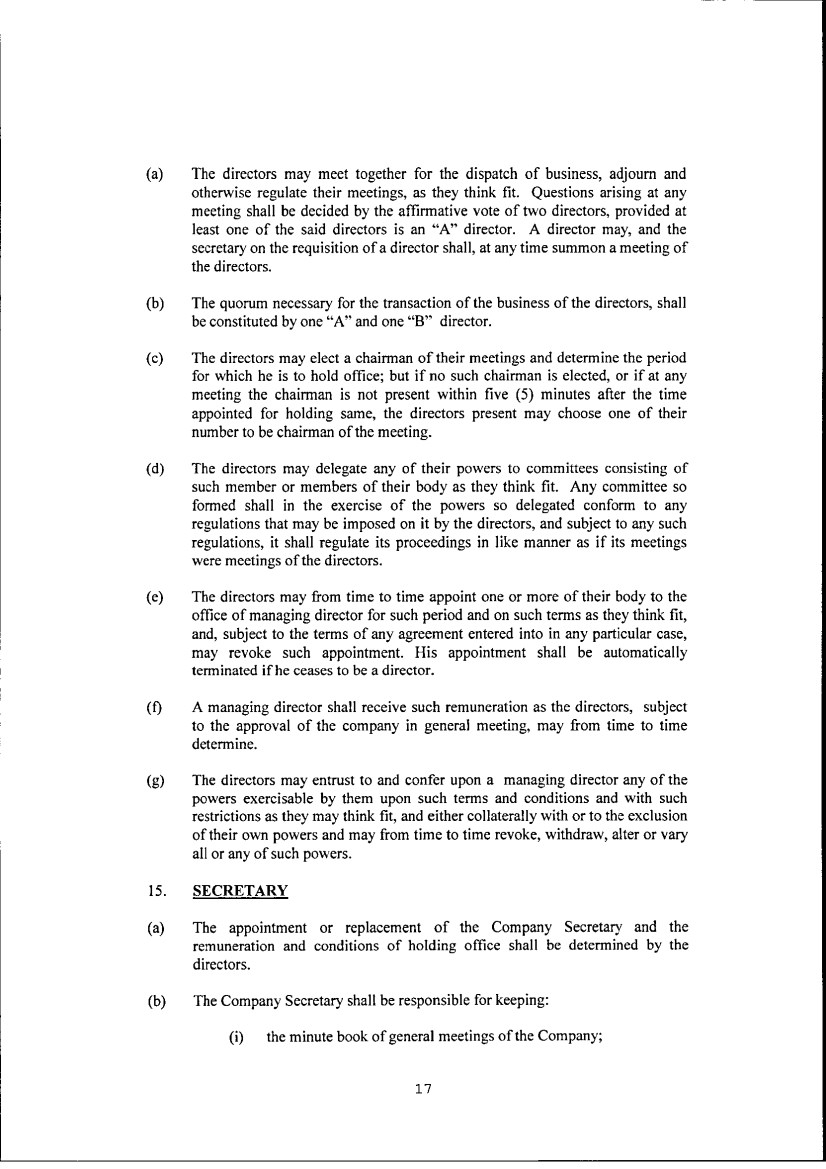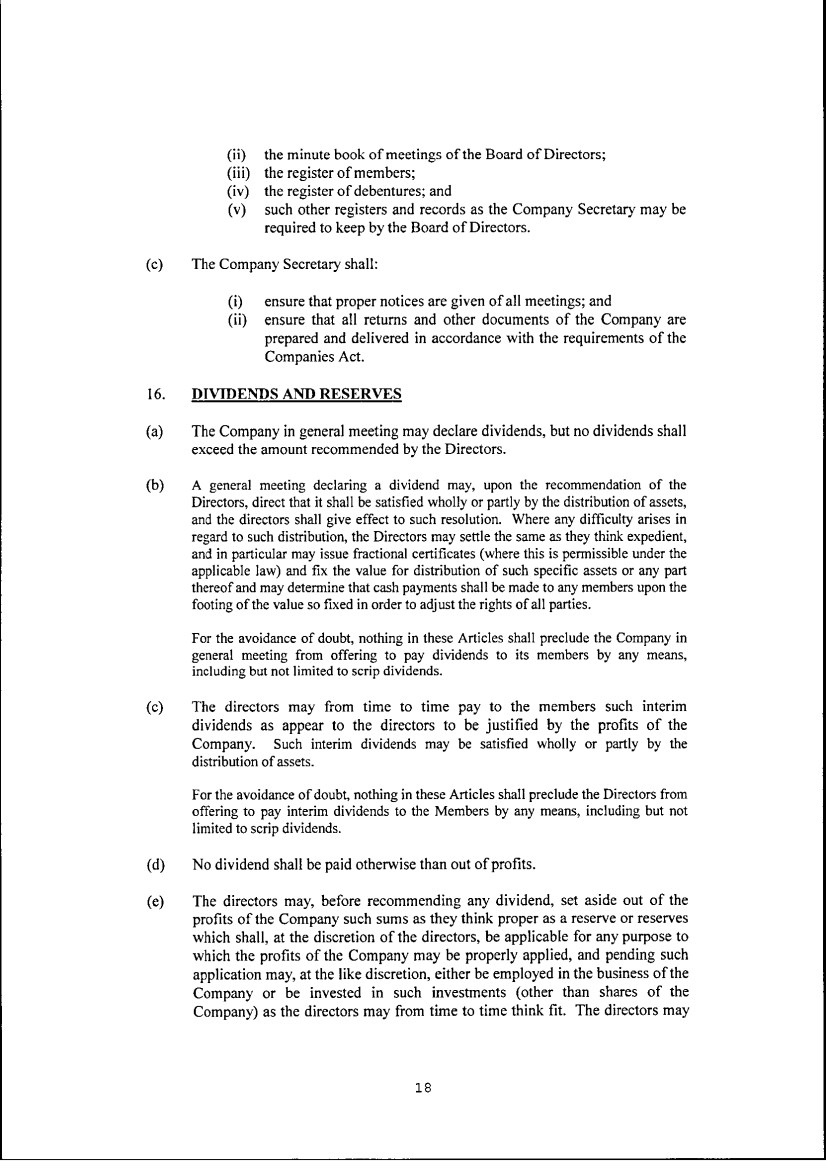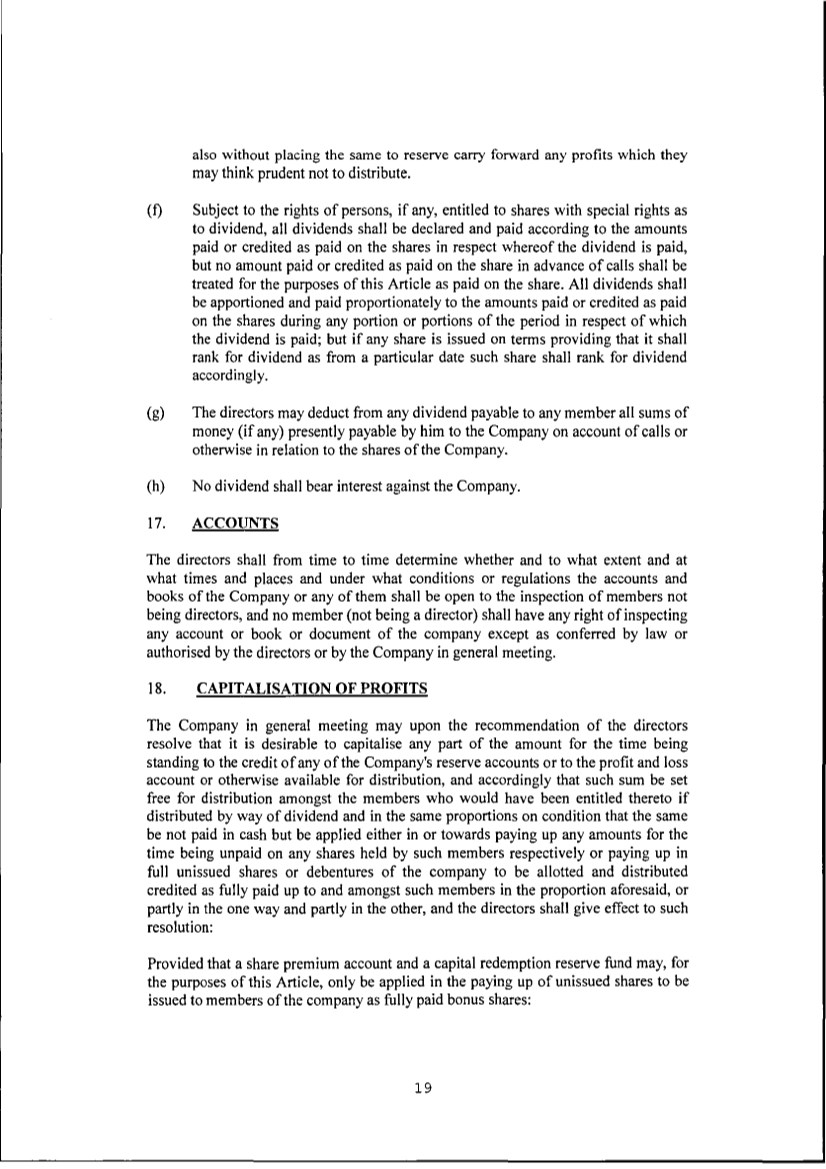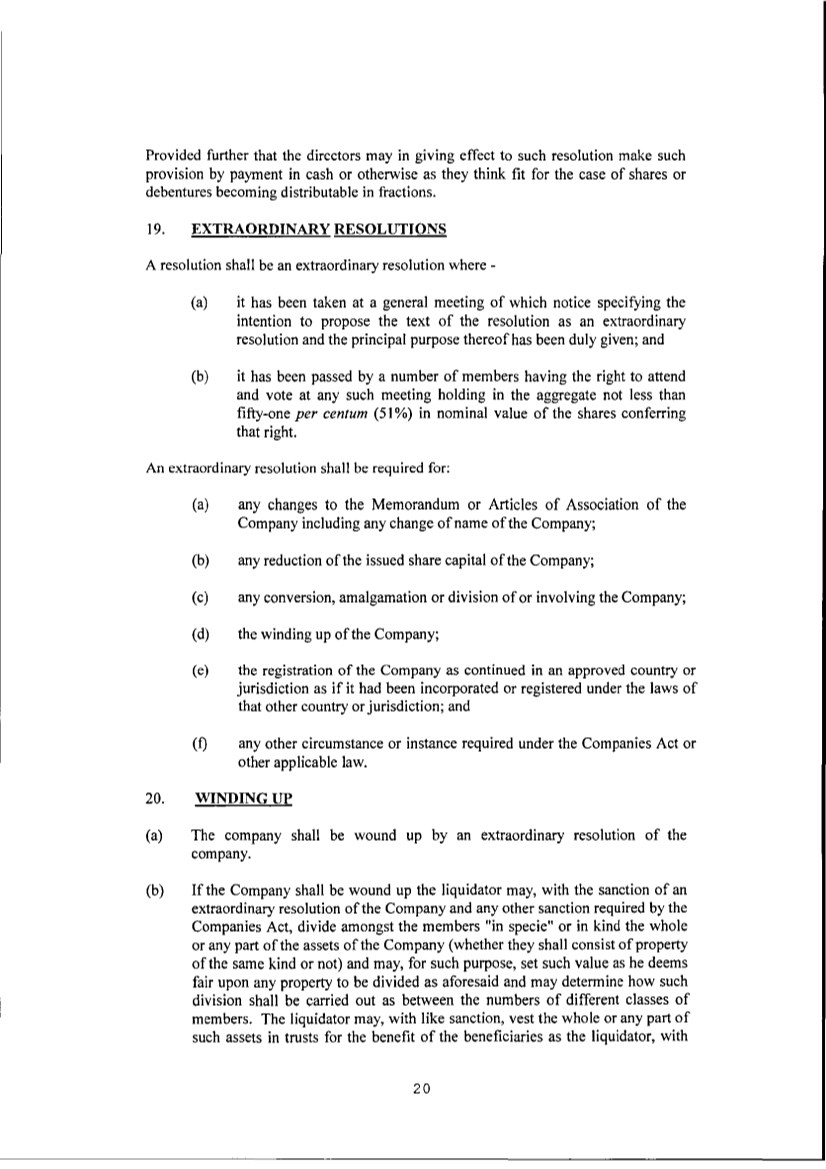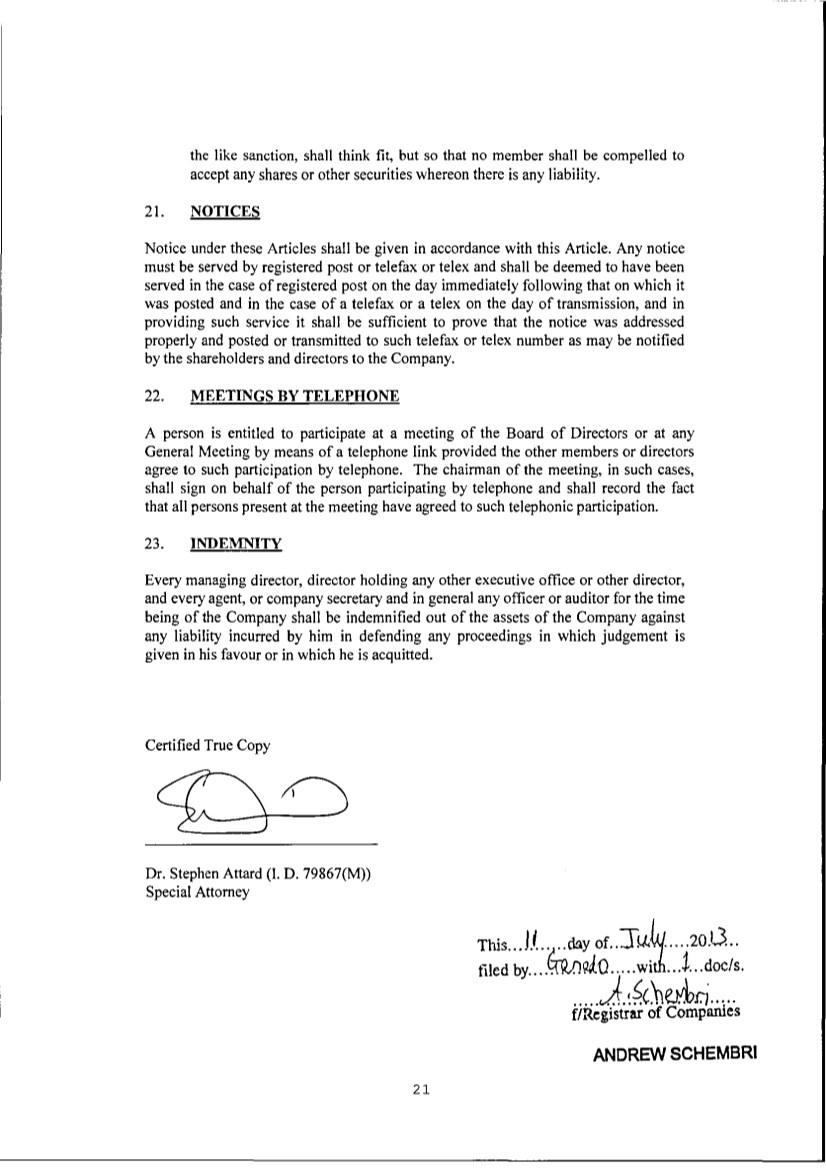Free signup for more
- Track your favorite companies
- Receive email alerts for new filings
- Personalized dashboard of news and more
- Access all data and search results
Filing tables
Filing exhibits
- S-1/A IPO registration
- 3.193 Exhibit 3.193
- 3.194 Exhibit 3.194
- 3.195 Exhibit 3.195
- 3.196 Exhibit 3.196
- 3.197 Exhibit 3.197
- 3.198 Exhibit 3.198
- 3.199 Exhibit 3.199
- 3.200 Exhibit 3.200
- 3.201 Exhibit 3.201
- 3.202 Exhibit 3.202
- 3.203 Exhibit 3.203
- 3.204 Exhibit 3.204
- 3.205 Exhibit 3.205
- 3.206 Exhibit 3.206
- 3.207 Exhibit 3.207
- 3.208 Exhibit 3.208
- 3.209 Exhibit 3.209
- 3.210 Exhibit 3.210
- 3.211 Exhibit 3.211
- 3.212 Exhibit 3.212
- 3.213 Exhibit 3.213
- 3.214 Exhibit 3.214
- 3.215 Exhibit 3.215
- 3.216 Exhibit 3.216
- 3.217 Exhibit 3.217
- 3.218 Exhibit 3.218
- 3.219 Exhibit 3.219
- 3.220 Exhibit 3.220
- 3.221 Exhibit 3.221
- 3.222 Exhibit 3.222
Associated filings
- 15 Jun 21 S-1/A IPO registration (amended)
- 15 Jun 21 S-1/A IPO registration (amended)
- 15 Jun 21 S-1/A IPO registration (amended)
-
15 Jun 21 S-1/A IPO registration (amended)
- 14 Jun 21 S-1/A IPO registration (amended)
- 14 Jun 21 S-1/A IPO registration (amended)
- 14 Jun 21 S-1/A IPO registration (amended)
- 11 Jun 21 S-1/A IPO registration (amended)
- 11 Jun 21 S-1 IPO registration
MARINE BLUE similar filings
Filing view
External links
